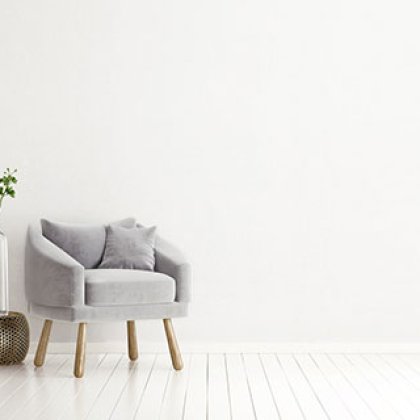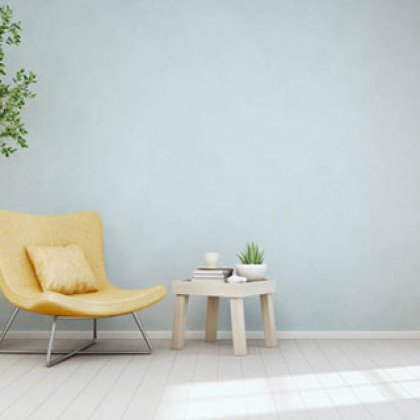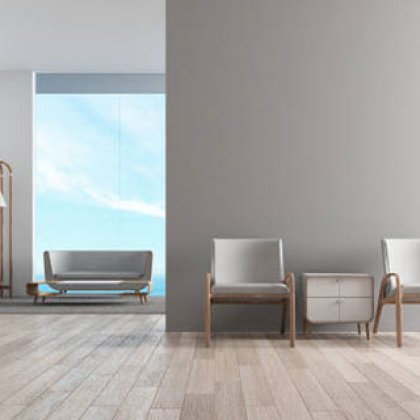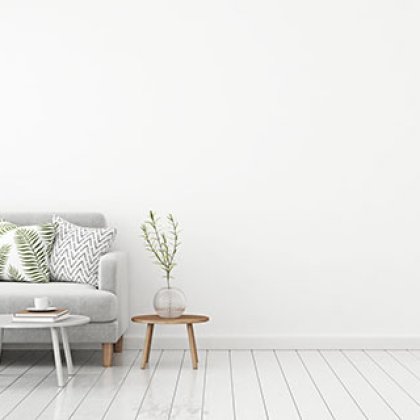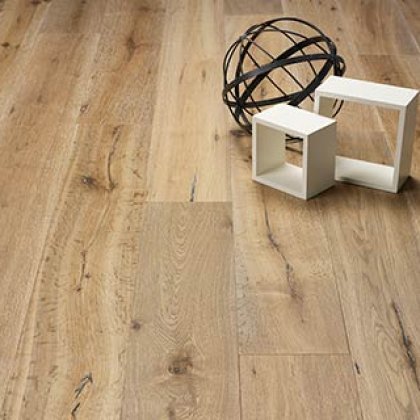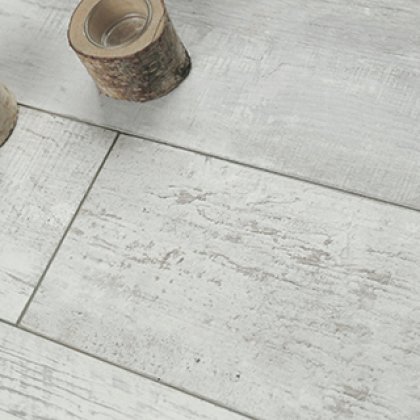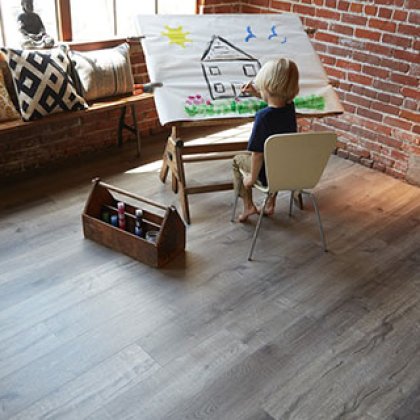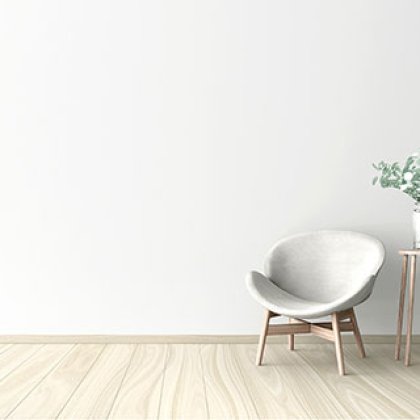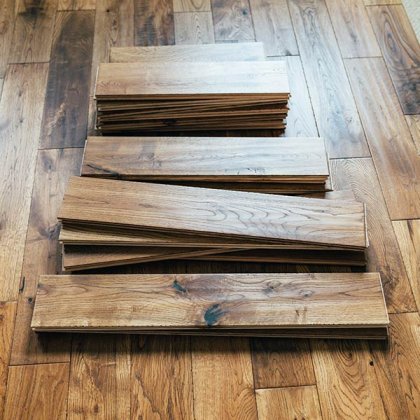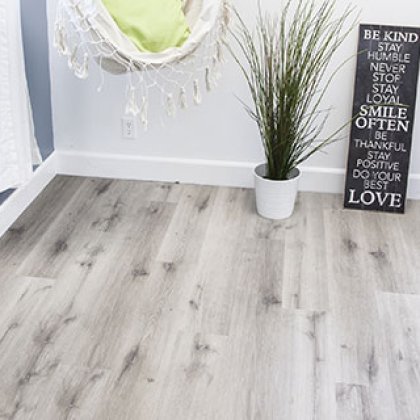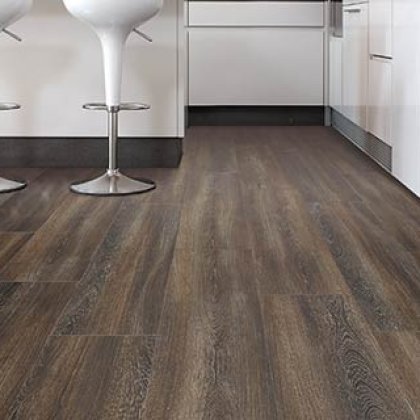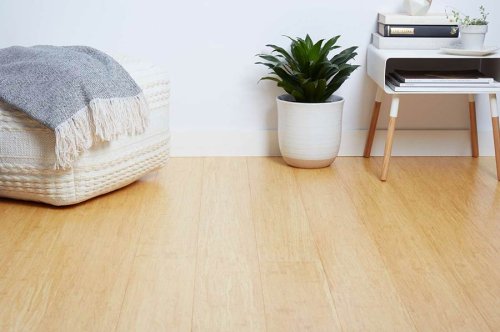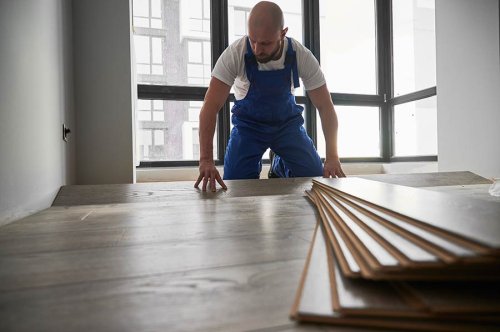The Pros and Cons of Popular Flooring Materials
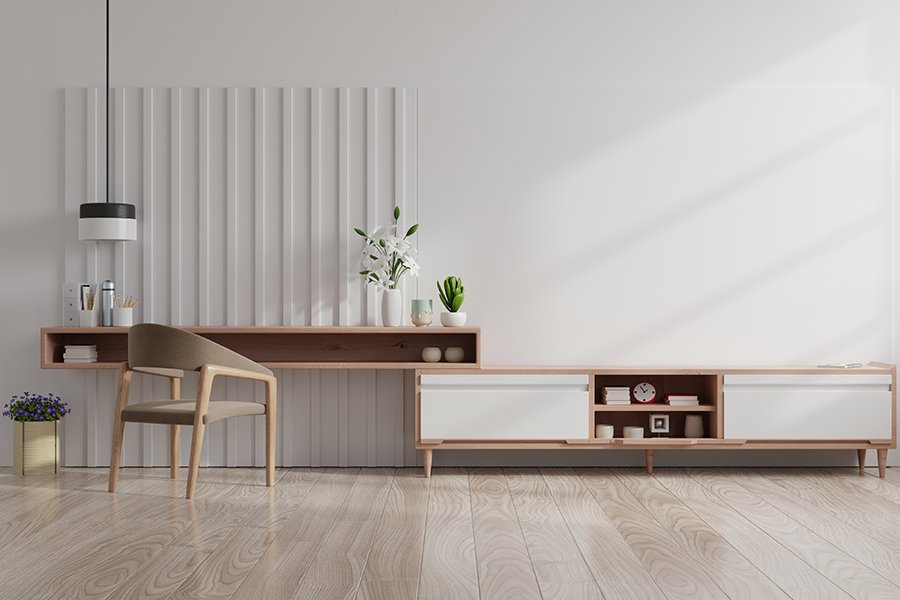
Comprehensive Guide to Popular Flooring Materials
When choosing the right flooring for your home, many options exist. Each flooring material has unique pros and cons, from durability and costs to maintenance and aesthetics. Whether you're renovating your home or building a new one, it's crucial to weigh the advantages and disadvantages of popular flooring materials before making a final decision. In this article, we'll explore the pros and cons of some of the most popular flooring materials on the market, including hardwood, laminate, carpet, tile, and more.
Introduction to popular flooring materials and why it is essential to consider their pros and cons before choosing one
Choosing the right flooring is one of your most important decisions when renovating or building a home. Flooring sets the tone for a space's overall look, feel, and function and can impact your home's value. With so many flooring options on the market, it can be overwhelming to choose the right one. That's why it's essential to consider the pros and cons of popular flooring materials before making a final decision.
Each type of flooring has unique advantages and disadvantages, from cost and durability to maintenance and aesthetics. For example, hardwood flooring offers natural beauty and increases the value of a home, but it can be expensive and require maintenance. Laminate flooring is cost-effective but may not have the same natural look and limited refinishing options as hardwood. The carpet is soft underfoot but can be challenging to clean and has a short lifespan.
It's essential to weigh the pros and cons of each flooring type before making a final decision. The flooring material you choose will impact your home's overall look, feel, and function for years to come. In this article, we'll explore the pros and cons of some of the most popular flooring materials on the market, including hardwood, laminate, carpet, tile, and more, to help you make an informed decision for your home.
Hardwood flooring
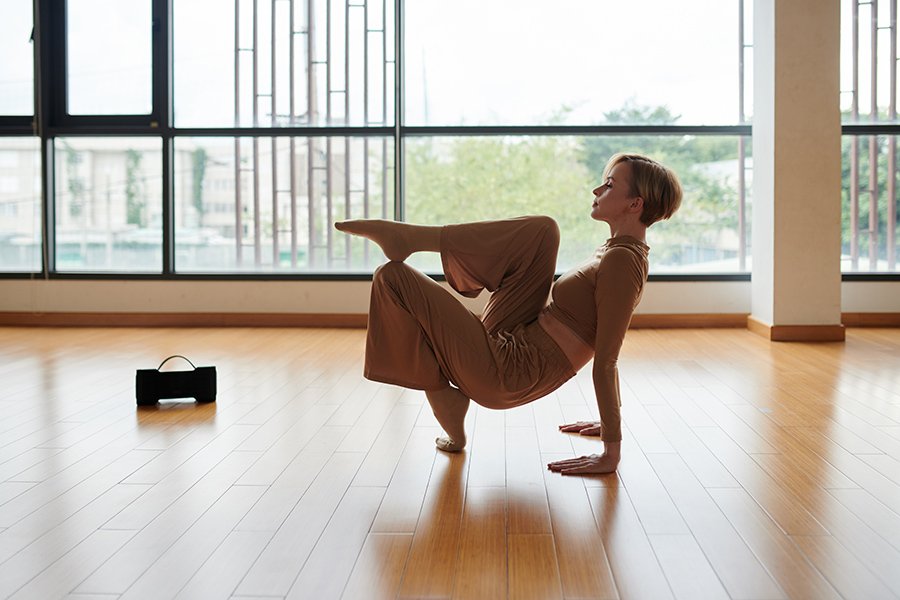
Hardwood flooring is popular with many homeowners due to its durability, natural beauty, and long-lasting value. Hardwood flooring can add warmth and elegance to a space, and its classic look never goes out of style. Hardwood flooring can also increase the value of a home, making it a wise investment.
Hardwood flooring Pros
-
Durability: Hardwood floors are solid and durable, making them suitable for high-traffic areas. They can last for many years with proper care and maintenance.
-
Aesthetics: Hardwood floors have a natural beauty that can enhance the look of any room. They come in various species and finishes, allowing customization to match the décor.
-
Resale value: Hardwood flooring is a premium feature in many homes and can increase the resale value.
-
Easy to clean: Hardwood floors are easy to clean and maintain, requiring only regular sweeping and occasional mopping.
-
Hypoallergenic: Unlike carpets, hardwood floors do not trap allergens, making them a good choice for people with allergies.
-
Versatility: Hardwood flooring can be used in any room, including kitchens, bedrooms, living rooms, and hallways. It can also be refinished several times, allowing for changes in color and finish to match changes in décor.
Hardwood flooring Cons.
Hardwood flooring also has several disadvantages:
-
Cost: Hardwood flooring is typically more expensive than other options, such as carpet or laminate.
-
Installation: Installing hardwood floors can be time-consuming and complex, requiring special skills and tools. Hiring a professional installer is usually necessary, adding to the cost.
-
Maintenance: Hardwood floors require regular maintenance, including sweeping, mopping, and reapplying the finish every few years.
-
Sensitivity to moisture: Hardwood floors can be damaged by excessive water, which can cause warping, cupping, or splitting. They may not be suitable for bathrooms or other high-moisture areas.
-
Noise: Hardwood floors can be noisy, echoing footsteps and other sounds throughout the home.
-
Scratch and dent resistance: Hardwood floors can be easily scratched and dented, especially in high-traffic areas. Placing protective mats and rugs can help, but the bottom will still be more susceptible to damage than other flooring options.
In conclusion, hardwood flooring is popular with many homeowners due to its durability, natural beauty, and long-lasting value. However, it's essential to consider the cons, such as cost and maintenance, before making a final decision.
Laminate flooring

Laminate flooring is a cost-effective option that offers durability and a variety of styles to choose from. One of the most significant advantages of laminate flooring is its cost-effectiveness. Laminate flooring is often less expensive than hardwood flooring and other options, making it a budget-friendly choice for many homeowners.
Laminate flooring pros.
Laminate flooring has several advantages:
-
Cost: Laminate flooring is typically more affordable than solid hardwood or engineered wood flooring, making it a cost-effective option for many homeowners.
-
Easy installation: Laminate flooring is relatively easy to install and can often be done as a DIY project. It typically requires no glue or nails, making it a quick and convenient option.
-
Low maintenance: Laminate flooring is easy to clean and maintain, requiring only regular sweeping and occasional mopping.
-
Durable: Laminate flooring is more resistant to scratches, scuffs, and spills compared to hardwood flooring, making it a good choice for high-traffic areas and homes with pets.
-
Versatility: Laminate flooring is available in various colors, finishes, and styles, allowing it to be customized to match any décor.
-
Hypoallergenic: Laminate flooring is hypoallergenic and does not trap allergens like carpeting, making it a good choice for people with allergies.
Laminate flooring cons.
Laminate flooring also has several disadvantages:
-
Durability: Laminate flooring is less durable than solid hardwood or engineered wood flooring and can be prone to scratches, chips, and fading over time.
-
Aesthetics: While laminate flooring is designed to mimic the look of hardwood, it often doesn't have the same natural beauty or character. The patterns can also become repetitive and noticeable over time.
-
Moisture sensitivity: Laminate flooring can be sensitive to moisture and may warp or buckle if exposed to excessive moisture. This can be a problem in bathrooms or kitchens where daily spills occur.
-
The difficulty of repair: Laminate flooring is challenging to repair if it becomes damaged. Individual boards cannot be sanded or refinished like solid hardwood.
-
Chemical sensitivity: Some laminate flooring can be sensitive to certain chemicals and may discolor or warp if exposed to specific cleaning agents or chemicals.
-
Limitations in style: Laminate flooring is limited in style options and may not be suitable for more traditional or formal spaces. The variety of colors and finishes is also more limited than solid hardwood flooring.
In conclusion, laminate flooring is a cost-effective option that offers durability and a variety of styles to choose from. However, it's essential to consider the cons, such as its less natural look and limited refinishing options, before making a final decision.
Carpet flooring
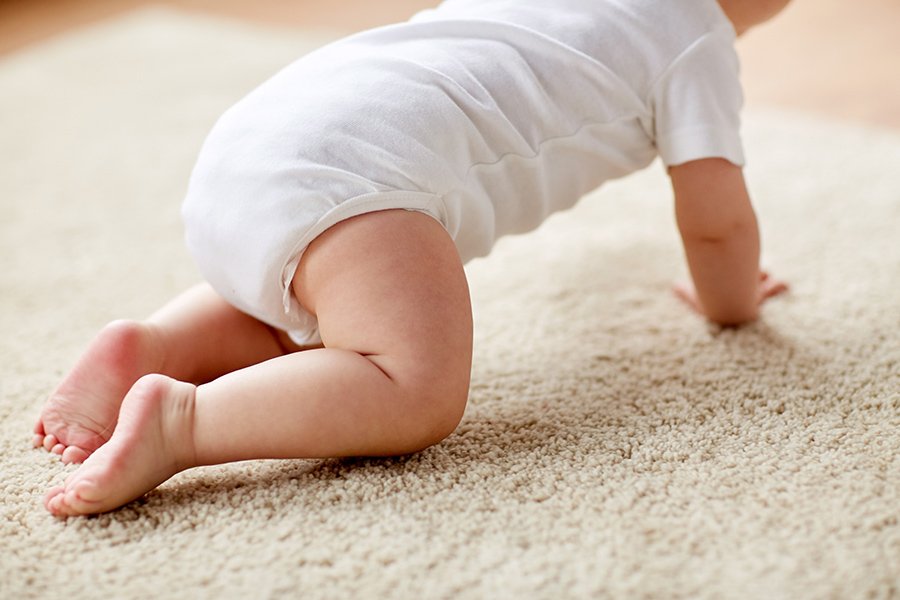
Carpet flooring is famous for many homeowners due to its soft underfoot and various textures and colors. One of the most significant advantages of carpet flooring is its comfort. Carpet flooring provides a smooth and cushioned feel underfoot, making it an excellent choice for bedrooms and living rooms.
Carpet flooring pros.
Carpet flooring has several advantages:
-
Comfort: The carpet is soft and plush, making it a comfortable choice for bedrooms and living rooms. It provides insulation and helps reduce noise.
-
Warmth: The carpet provides warmth underfoot, making it a good choice for homes in colder climates.
-
Safety: Carpet can help reduce the risk of injury from falls by providing a soft surface to land on. It is especially beneficial for homes with children and seniors.
-
Aesthetics: Carpet is available in various colors, textures, and patterns, making it easy to find a style that matches the décor.
-
Affordability: Carpet is typically less expensive than hardwood or laminate flooring, making it a cost-effective option for many homeowners.
-
Insulation: The carpet provides insulation and can help reduce energy costs by reducing heat loss in the winter.
Carpet flooring cons.
Carpet flooring also has several disadvantages:
-
Maintenance: The carpet requires regular vacuuming, steam cleaning, and spot cleaning to maintain its appearance. Stains can be challenging to remove, and high-traffic areas can become worn and discolored over time.
-
Allergens: Carpet fibers can trap allergens, such as dust and pet dander, making them a less suitable choice for people with allergies.
-
Absorbs odors: The carpet can absorb and trap odors, making it challenging to remove unpleasant smells from smoking, pets, or spills.
-
Moisture sensitivity: Carpet can be damaged by excessive moisture, leading to mold, mildew, and unpleasant odors. It is not suitable for bathrooms or other high-moisture areas.
-
Short lifespan: Carpet has a shorter lifespan than hardwood or laminate flooring and may need to be replaced after 5-10 years in high-traffic areas.
-
Slipperiness: Carpet can be slippery, especially in high-moisture areas, increasing the risk of falls and injuries. The use of non-slip rug pads can help mitigate this issue.
In conclusion, carpet flooring is famous for many homeowners due to its soft underfoot and various textures and colors. However, it's essential to consider the cons, such as its difficulty in cleaning and short lifespan, before making a final decision.
Tile flooring
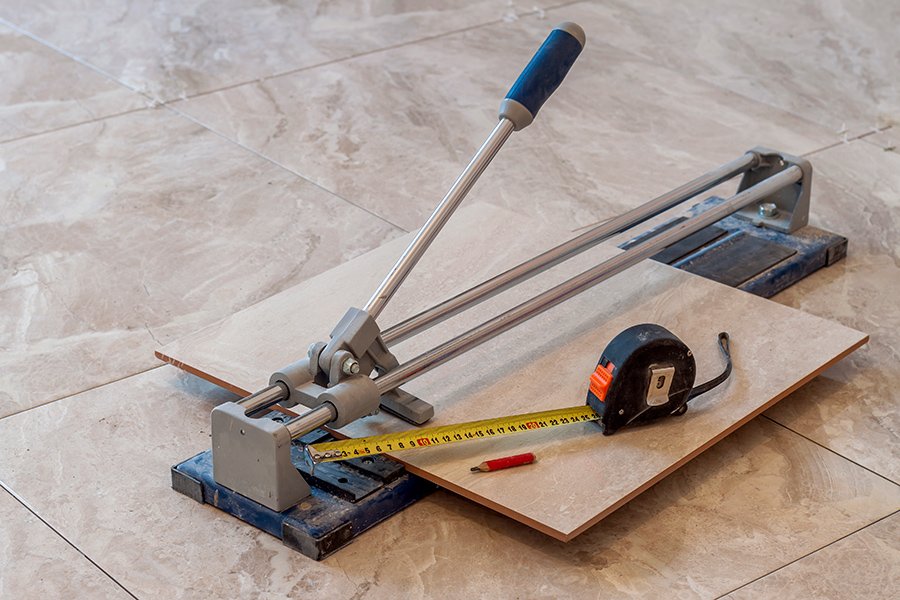
Tile flooring is a durable and stylish option popular among homeowners for its ease of maintenance and variety of designs. One of the most significant advantages of tile flooring is its durability. Tile flooring is designed to be tough and long-lasting, making it a good choice for high-traffic areas of the home. Tile flooring is easy to clean and maintain, requiring sweeping and occasional mopping to keep it looking its best.
Tile flooring pros.
Tile flooring has several advantages:
-
Durability: The tile is highly durable and resistant to scratches, scuffs, and stains, making it a good choice for high-traffic areas and homes with pets.
-
Easy maintenance: Tile is easy to clean and maintain, requiring only regular sweeping and mopping. It is also resistant to moisture, making it a good choice for kitchens, bathrooms, and other high-moisture areas.
-
Aesthetics: Tile is available in various colors, textures, and patterns, making it easy to find a style that matches the décor.
-
Versatility: The tile is suitable for both indoor and outdoor use and can be used in a variety of applications, including flooring, countertops, and backsplashes.
-
Hypoallergenic: Tile is hypoallergenic and does not trap allergens like carpeting, making it a good choice for people with allergies.
-
Longevity: Tile has a long lifespan and can last many years without needing to be replaced. It can also be refinished and re-glazed to renew its appearance if necessary.
Tile flooring cons.
Tile flooring also has several disadvantages:
-
Coldness: Tile can be cold and uncomfortable to walk on, especially in colder climates. It may require area rugs or floor heating systems to increase comfort.
-
Hardness: Tile can be uncomfortable to stand on for long periods, especially for people with joint or back pain.
-
Cost: Tile can be more expensive than other flooring options, especially when using high-end materials or intricate patterns.
-
Installation: Tile installation can be complex and time-consuming, requiring specialized tools and skills. It is typically best done by a professional.
-
Grout lines: Tile flooring typically has visible grout lines, which can be challenging to clean and can harbor dirt and bacteria.
-
Slipperiness: Tile can be slippery, especially when wet, increasing the risk of falls and injuries. Using slip-resistant tiles and a rough texture can help mitigate this issue.
In conclusion, tile flooring is a durable and stylish option popular among homeowners for its ease of maintenance and variety of designs. However, it's essential to consider the cons, such as its cold underfoot and hardness on feet and joints, before making a final decision.

